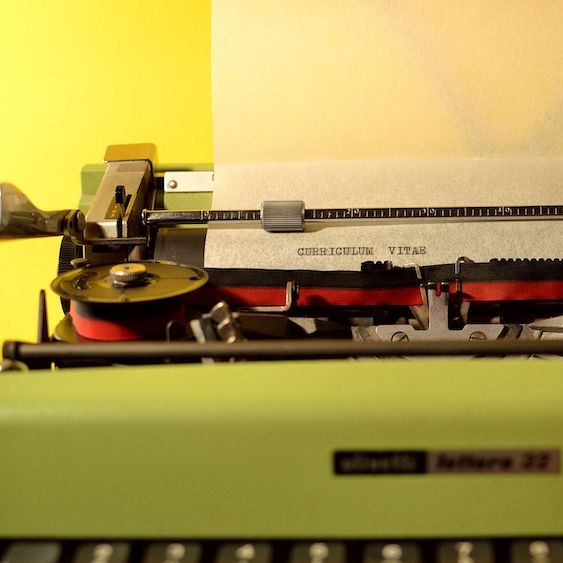"It is our aspiration that all people of Amsterdam with disabilities have an opportunity to become participants in our city"
The plan focuses on social and environmental goals. Profit is secondary. Across the EU, the Commission has 2.8 million organizations working for the social economy.
Social and solidarity-based economy in the Netherlands
In the Netherlands, the social economy is hardly used as a concept. We know a growing number of social firms and social enterprises that put social impact first. At the same time, the number is still limited compared to other EU Member States. The Netherlands now mainly has a culture in which the profit and efficiency-oriented business community forms the basis.
Although the EU has actually strengthened this culture in recent decades, the Commission is also opting for a different focus with the SEAP. The Commission wants to support the social economy sector. This is done in the first place by sharing knowledge and promoting the importance of the social economy. Member States are expected to make greater use of existing opportunities to support and encourage social enterprises. This is how they argue for tax benefits. They also want more opportunities to be offered to social enterprises to successfully tender for tenders.
boost for a social economy
Social policy within the EU is the responsibility of the Member States. The Netherlands is therefore not obliged to pursue a more active policy towards a social economy in its own country. But from De Omslag’s point of view, we do see the SEAP as an important incentive for the new government to make our economy more social and more solidarity-based. At the conference “It is possible” on February 15, 2022, we will therefore pay attention to the SEAP and how the Netherlands can implement this in policy.

